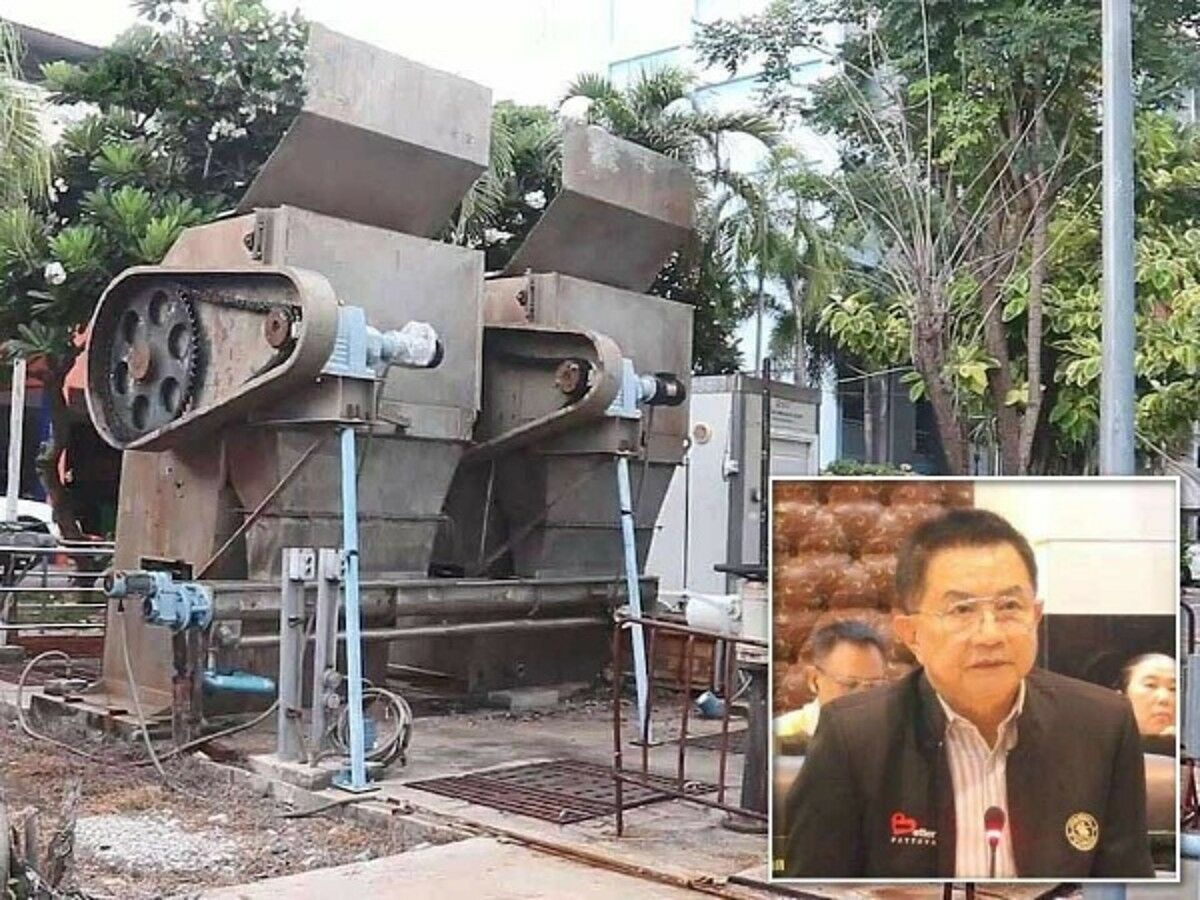Pattaya’s wastewater treatment project delayed again

Pattaya City Hospital is asking for a major budget extension to tackle its long-delayed wastewater treatment project. The hospital, under the Health and Environment Bureau, has requested an additional period for the disbursement of 23.8 million baht—part of a total 25.3 million baht budget—to continue its vital environmental initiative.
Deputy Mayor Wuthisak Rermkijakarn presented the proposal at a Pattaya City Council meeting on September 27. He urged the council to extend the uncommitted debt from the 2023 fiscal year to allow payments to roll into 2025.
“We need this extension because the first procurement process didn’t attract any qualified bidders.”
The council had to review this request carefully, guided by specific sections of the Pattaya City Ordinance on financial procedures. According to Section 59, Paragraph Two of the ordinance, the rules surrounding the collection, disbursement, and safekeeping of city funds are highly strict—making approval crucial.
In the end, Pattaya City Council unanimously voted in favour of extending the budget allocation. This decision gives the wastewater treatment system project a lifeline, but it also raises eyebrows about how this critical environmental infrastructure took so long to get off the ground, reported Pattaya Mail.
In related news, a wastewater treatment facility worth over 2.5 billion baht has been found abandoned, becoming a breeding ground for blackchin tilapia and a hotspot for drug activity.
Located in Tha Phaya, Pak Phanang district, Nakhon Si Thammarat, the facility is part of a larger project aimed at managing saline water for shrimp farming. The Tha Phaya site consists of four buildings, all stripped of electrical equipment and components, rendering its 12 treatment ponds inoperative.
In other news, Chachoengsao Provincial Court fined a Chinese-owned factory 1.8 billion baht for releasing wastewater into the Jone Reservoir in the central province of Chachoengsao. THH Moly Processing Company’s illegal action came to light in 2019 after 2 million cubic metres of water in the Jone Reservoir was contaminated with multiple toxic substances. Locals could not use the water for consumption or agriculture.
Latest Thailand News
Follow The Thaiger on Google News:


























